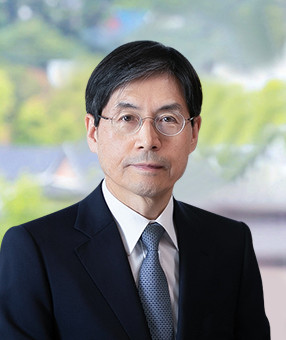Criminal remedies for patent infringement have become more readily available in Korea. A new amendment to the Patent Act, effective as of October 20, 2020, removed the requirement that a criminal complaint be filed in order to initiate a criminal investigation and issue an indictment for patent infringement. In addition, beginning March 2019, the role of the Special Judicial Police (the “SJP”) within the Korean Intellectual Property Office (KIPO), which was previously empowered to investigate trademark infringement and counterfeiting cases, was expanded to include investigations of patent, trade secret and design infringement cases.
The amended Patent Act provides for criminal remedies for intentional patent infringement cases, where a party found guilty of criminal patent infringement can be sentenced to imprisonment of up to seven years, or a fine of up to KRW 100 million (approximately USD 90,000) (Article 225 (1)). However, under the old Patent Act, criminal investigations for patent infringement could only be initiated if a criminal complaint was filed by the injured party.
The SJP, which was established in September 2010 to investigate trademark infringement and counterfeiting cases, was also empowered in March 2019 to actively investigate patent, trade secret and design infringement cases as well. In the past 18 months, the SJP has already handled 276 technology-related infringement cases. However, because the old Patent Act required a criminal complaint by the injured party to initiate any criminal investigation, the SJP has sometimes been unable to investigate potential criminal infringement activities it has uncovered because of the criminal complaint requirement.
The amended Patent Act has changed the crime of patent infringement from one requiring the injured party to file a criminal complaint for criminal prosecution, to one that can be prosecuted regardless of a criminal complaint being filed, so long as the injured party does not expressly object to such criminal prosecution.
The amended Patent Act applies to acts of infringement committed after the effective date of October 20, 2020.
As a result of removal of the criminal complaint filing requirement, a patent right holder is no longer necessarily limited by the requirement that a criminal complaint must be filed within six months of the date the injured party becomes aware of the infringer. Under the amended Patent Act, investigating authorities such as the SJP may initiate a criminal investigation ex officio as well as on the filing of a criminal complaint by the injured party.
Implications
The amendment to the Patent Act is expected to result in more criminal investigations of patent infringement by the SJP and increased availability of criminal remedies. Since the scope of the SJP’s investigative authority extends to trade secrets as well, criminal investigation of trade secret misappropriation is also expected to increase.
Accordingly, in seeking enforcement, a patent owner or trade secret holder should thoroughly review the pros and cons of seeking criminal remedies for patent infringement or trade secret misappropriation. On the other hand, a person or business that may risk liability for infringement should assess potential criminal liabilities as well and prepare accordingly.
In addition, punitive damages for willful infringement of patents or trade secrets have been available since July 9, 2019, and for willful infringement of trademark or design rights since October 20, 2020, pursuant to which courts can order willful infringers to pay up to three times the assessed damages amount. Such increased civil damages as well as strengthened criminal remedies have greatly increased the risks for infringers in Korea.
Related Topics






